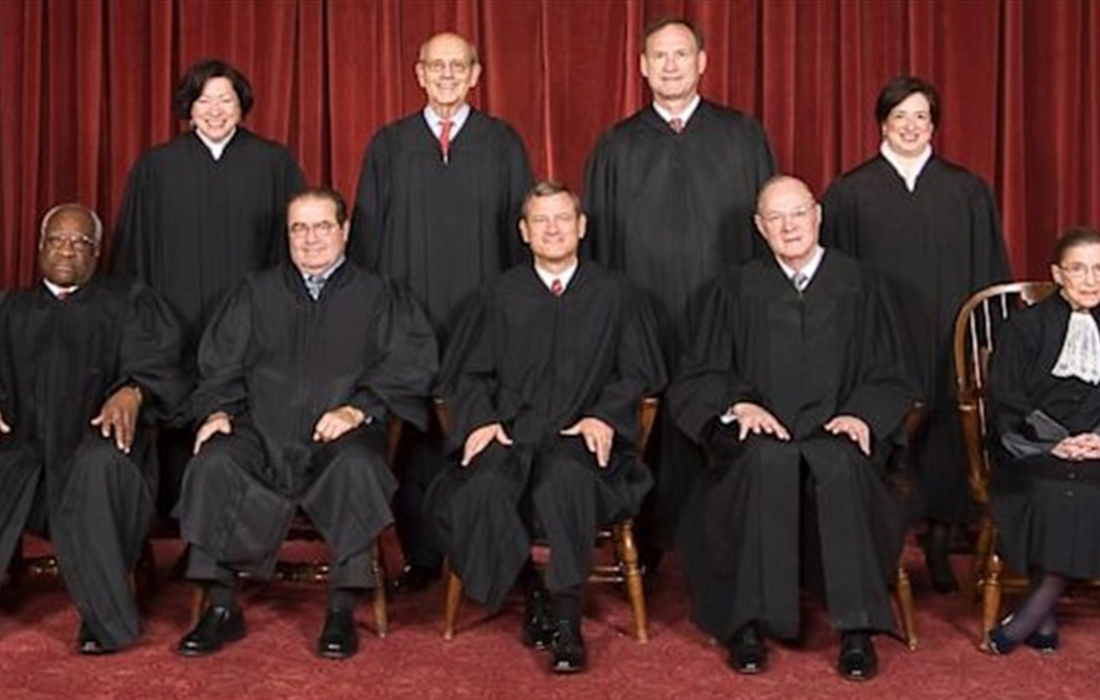
Texas did no wrong in rejection of Confederate flag license plate, SCOTUS rules
The Supreme Court of the United States garnered so much attention regarding the American Care Act, same-sex marriages and housing discrimination. And while these decisions affect us all, let’s not forget the one that affects Texas specifically. SCOTUS ruled in June Texas did not violate the First Amendment when it rejected a specialty license plate featuring the Confederate battle flag. Texas offers automobile owners a choice between general-issue and specialty license plates. Those who want a particular specialty plate can propose a specific design. It’s up to the Texas Department of Motor Vehicles to approve the design and make it available for Texans.
The “stars and bars” is at the forefront of recent controversy resulting from the deaths of nine people in a Charleston, S.C. church. Well, to be honest, it’s always been a controversial topic and the 5-4 decision by SCOTUS was no different. Many in support of the SCOTUS decision may feel the Confederate flag doesn’t represent the United States of America. After all, it was formed after the Confederacy seceded from the Union and had its own president, Jefferson Davis. On the other hand, there are some who feel they just don’t want folks to forget from whence they came.
That’s no problem, except there are those who use the flag as a symbol of hate or disdain for other races. In a South Carolina shooting that resulted in the deaths of nine church members, the alleged shooter was seen in photos donning the Confederate flag and supporting apartheid. While the First Amendment guarantees freedom of speech, the Fourteenth Amendment protects citizens from overzealous proponents of hate.
I commend SCOTUS on its decision and the State of Texas in the decisions to reject a specialty flag featuring the stars and bars. Dialogs about race, hate and civil rights start with decisions such as these.
Read More